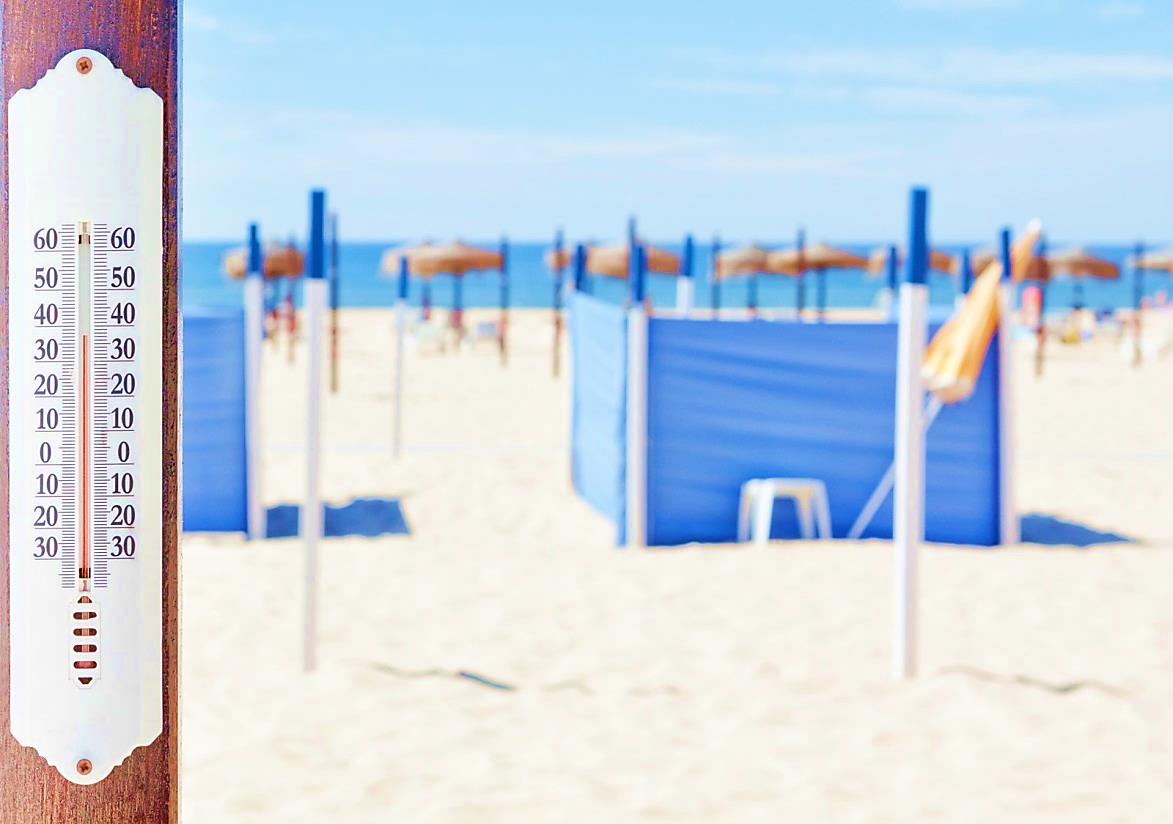
by Fern Shaw | Jan 19, 2017 | water cooler, water dispenser
Whatever your preferred terminology, AquAid provide a wide range of water dispensers (or water cooler dispensers) to our customers.
Installing a water dispenser makes good sense as they offer the user the best quality water at convenient temperatures.
AquAid are one of the largest water dispensing companies in the U.K.
The company was established in 1992, with the now CEO, Paul Searle, going door to door, selling water dispensers to customers at home, and has grown exponentially since these humble beginnings to now providing water cooler dispensers to all market sectors, including small to large companies and construction sites through to schools and dentists; doctors; fitness centres and production companies.
Having a water dispenser on site for any organisation means they are able to offer cool, fresh drinking water to whoever visits them, as well as being able to keep all of those in their organisation properly hydrated.
Numerous studies have shown that keeping hydrated can increase one’s mental and physical performance by as much as 20% – this means enabling a company’s staff to keep properly hydrated throughout their business day and for schools, it means that both the staff and children keep themselves hydrated and the children can better concentrate in class.
The health benefits in being properly hydrated are manifold too. People often mistake thirst for hunger, which can adversely affect their health by their eating too much, when in fact, they should be drinking water, as they don’t realise they are actually dehydrated. Being dehydrated has a proven negative effect on a person in that they are not able to concentrate; they become tired and listless; can be prone to headaches and ill health.
Having a water cooler dispenser in your office, workplace, site, rooms or school means you’ll be able to offer everyone the opportunity to drink water and keep hydrated.
The water cooler dispensers that AquAid have on offer are available in either bottled or mains fed.
The bottled water cooler dispensers are perfect for the smaller businesses or work environments that do not have hundreds of individuals to service.
For larger offices, business centres and schools, the mains fed water coolers are the most practical and cost effective. These units filter and purify the water that comes out of your normal taps, giving you clean and safe water whenever you need it.
Furthermore, the AquAid water cooler dispensers are able to adjust their water temperature, allowing you the opportunity to have hot water for tea and coffee in winter and cool, fresh water in the summer.
With all the benefits that water cooler dispensers offer, why not install one today?
Give the fantastic team at AquAid a call and they will gladly assist you with all your water cooler dispenser needs.
To call us at AquAid: 0800 772 3003
To e-mail us: Click here
If you’d like to browse our range of water coolers: Click here
To follow us on social media: Twitter and Facebook

by Fern Shaw | Oct 11, 2016 | mains fed water cooler, Water, water cooler, Water Coolers
AquAid has been in the business of providing water coolers for near on two decades. This means we have a wealth of experience in fulfilling your water and water cooler requirements, ranging from:
AquAid provide water coolers and services to more than 30 000 customers throughout England, Ireland and Scotland.
We continue to ensure the provision of the correct water cooler solutions to our customers, coupled with services that include;
Fortnightly delivery plus our exclusive emergency next day delivery, free of charge;
Ongoing water cooler maintenance by AquAid trained and experienced engineers;
Keeping your AquAid local and in doing so, keeping it ‘green’.
There are 29 AquAid depots across the length and breadth of the UK. This means a smaller carbon footprint in the delivery of our water coolers, bottled water deliveries and your water cooler maintenance.
If you’d like more information on AquAid Water Coolers, our range of products and services that we offer, please either contact us here or telephone us on 0800 772 3003 – we be delighted to assist you.

by Fern Shaw | Sep 14, 2016 | water cooler
Right, so AquAid is a water and water cooler products provider – this we know. And we’re definitely the go to company to go to (ha ha) when it starts heating up – this I’m sure you don’t need to be told (again).
But while the temperatures are soaring here in good ol’ Blighty, and your brain may be a little on the blink because you feel like it’s meltinnnnnnng, what you may not know is that when you purchase any of our water cooler products, you’re actually helping people in far off countries gain access to safe drinking water. No, I’m not kidding and no, this is not sales talk.
How it works is like this: for each water cooler purchase, AquAid make a donation to the charities we’ve supported since we started up in throwback 1998. Yep, all the way back then. Helping others less fortunate is a vital part of the AquAid business ethos – which is why we continue to donate a portion of our water and water cooler sales to charities that work tirelessly to ensure a better present and future for people in communities that have no access to water or spend a goodly portion of their days walking to find water.
We’re not blowing our own water trumpet, honest – it’s just really inspiring and motivating when you see the results of everyone’s hard work – and all of this is thanks to you, dear customer. So … thanks. Very much. Your purchase is making the world of difference to someone else’s life. Peace out.

by Fern Shaw | Jul 18, 2016 | water cooler
There are so many schools of thought when it comes to our origins that it’s difficult to get a clear idea of which is correct (unless you have the moola to shell out for DNA testing which most of us don’t.)
Having looked at the historical migratory patterns of the Vikings though, I’m becoming more and more convinced that there are lots and lots of us in the UK that descend directly from these sea-faring Norsemen.
Records estimate that the first Viking longships sailed across the waters and landed in Britain in 793AD and that the Vikings went on to rule parts of England until the Battle of Stamford Bridge in 1066.
Vikings left behind buildings, culture and words that are still used in the English language today. Many English words, such as anger, ball, bairn, egg, got, knife, take, and they, are of Old Norse origin, and place names that end in -thwaite and -by are Scandinavian in origin.
Key findings from the research include that men from the Shetland (29.2 per cent) and Orkney (25.2 per cent) Islands, heavily populated by the Northmen in the Viking Age, are most likely to have Viking in their bloodlines.
South of Scotland, Yorkshire (5.6 per cent) and Northern England (four per cent) are the most prominent areas of the country for Norse Viking ancestry with more than 300,000 Northern men able to claim direct descent – accounting for almost a third of descendants.
Further south the percentage of Viking descendants drops significantly, with South West England home to as few as 40,000 father line descendants.
Despite being a known hotspot for the Vikings when they first landed, Ireland has very little sign of a Norse genetic contribution today, with only 1.4 per cent of men from the Emerald Isle thought to have Viking connections.
According to Wiki, the Romans invaded Britain in AD43. After that, for 400 years southern Britain was part of the Roman world. The last Roman soldiers left Britain in AD 410, and then new people came in ships across the North Sea. Historians call them Anglo-Saxons. The new settlers were a mixture of people from north Germany, Denmark and northern Holland. Most were Saxons, Angles and Jutes. There were some Franks and Frisians too. If we use the modern names for the countries they came from, the Saxons, Franks and Frisians were German-Dutch, the Angles were southern Danish, and Jutes were northern Danish.
So, descendants of Jute (Judey, Judey, hey Jude …♪), Angles and Saxons, interesting fodder for thought for your next water cooler hydration break – and ……. discuss!

by Fern Shaw | Jul 4, 2016 | water cooler
On Monday I received a quick update from AquAid South Coast about their supplying the Glastonbury Festival with the festival’s drinking water requirements – to quote it directly, it read, “Things are going swimmingly … LOL …” Seems as if the famous British weather is getting into the (aha) swim of things and have turned the conditions, not super nova, but super muddy.
The great news is this hasn’t deterred more than a hundred thousand festival goers from attending though, with more expected to arrive over the weekend. I see plenty of mudplay (not to be confused with Coldplay) taking place!
Whereas Muddy Waters (he he he) seems to have been the theme early this week in the ramp up to the festival, it’s a relief to know that the loan water cooler count has risen to over one hundred coolers on site and another forty four coolers have been installed this week.
So although it looks like wellie weather is de rigeur this year at the festival, at least there’ll be plenty of unmuddied water to drink.
In other updates, and keeping with the entertainment industry, AquAid South Coast are listed as an ALBERT+ Green supplier – and have recently set up deals with Bristol BBC to supply bottle fed water coolers to the famous BottleYard Studios – specifically to the sets of the Antiques Roadshow and The Three Queens productions. Even more exciting is news is that AquAid will also be supplying the set for the shooting of the second in the Poldark series. (Exciting for me, that is, as I lapped up the Poldark books and think the first series was very well done!)
Is that a smattering of applause I hear for the team at AquAid South Coast? No? Perhaps it’s just the rain bucketing on down again. Ah, well.

by Fern Shaw | May 31, 2016 | Charity, Christian Aid, water cooler, Water Coolers
It’s not often that I can say that I’m truly overwhelmed. I may drama queen a little about being overwhelmed but that’s not often the case.
What I did find truly overwhelming was my recent nine day visit to Ethiopia at the behest of AquAid and at the invitation of a charity which AquAid have for years supported; Christian Aid.
Having worked in water provision and in close conjunction with the charities that AquAid support for a few years now, this is a matter that has taken on a great significance to me, as well as, I’m sure, everyone at AquAid. I’ve experienced daily how important it is to balance the business side as well as maintaining and perpetuating Paul Searle’s (AquAid’s founder) holistic philosophy of giving back. On the trip, though, I experienced this philosophy first hand.
Ethiopia is a magnificent country, that’s the only way that I can describe it. The Ethiopians are among the kindest, most hospitable and polite people I’ve met in my travels; the country is vast, the scenery is awe inspiring and the industriousness of the people is truly something to witness.
After a briefing at the Christian Aid offices in Addis Ababa, we departed on the first leg of our journey to visit the first of four projects in the south of the country. As our amazing driver, Girma, who would put any F1 driver to shame, negotiated his way through an endless progression of pedestrians, other road users which also included herds of cattle; sheep and goats as well as donkey, mule and horse carts, I observed something interesting. Every mile or so there were people walking. Not a gentle lollygagging type of walk, but walking with determination. Most were carrying yellow containers. Many of these people were very young children, some who looked to be no older than seven or eight years old.
When we passed a puddle on the side of the road, a river, a stream, there were people collecting water. I have no idea how many miles these people walked every day, but I imagine it was a good few miles at least. They shared the puddles with all manner of others including animals. These puddles were open to the elements, unprotected and quite a few puddles alongside certain stretches of road had all the detritus from the road and its passing traffic landing in them.
- The magnitude of what I was witnessing struck me – here is a country that has water in abundance (Ethiopia has more vast lakes than you can shake a stick at), but a large majority of its inhabitants live and work hundreds of miles away from these large sources of water. They are dependent on the weather – their water source more often than not from the rainfall; and the country experiences dry months for eight out of the twelve months of the year.
- This is where charities such as Christian Aid come in and have been doing so in the country since 1998 when they set up an office in Addis Ababa. Christian Aid and AquAid have been working in partnership since 2001, bringing relief and sustainable water provision to those in need around the globe.
We witnessed five such projects during our trip which I will detail in further articles, but having being there, the importance of having water or indeed, having access to water, truly struck home. Here were thousands of people to whom the struggle for water, stuff of life, wasn’t a turn of a tap or a press of a button away. Here, having water meant a day to day survival, where if you wanted water, you strapped plastic containers to yourself and you started walking, for miles and miles, looking for the precious stuff. You may get ‘lucky’ and find a big enough water puddle from which you could fill your containers, often you would not.
What also occurred to me (during and post trip) is how invaluable it is to have companies such as AquAid and even more invaluable – our customers who support AquAid. Because I truly witnessed the results of what charity means. For every person from each community that we visited who had water to drink, water to cook with, water to water their livestock and their crops, this was a direct result of donations to charity. Life changing stuff.
If you’d like to find out more about how your water cooler and bottled water purchases can make a difference to people’s lives (and I mean this literally), please get in contact. We’d love to hear from you.






